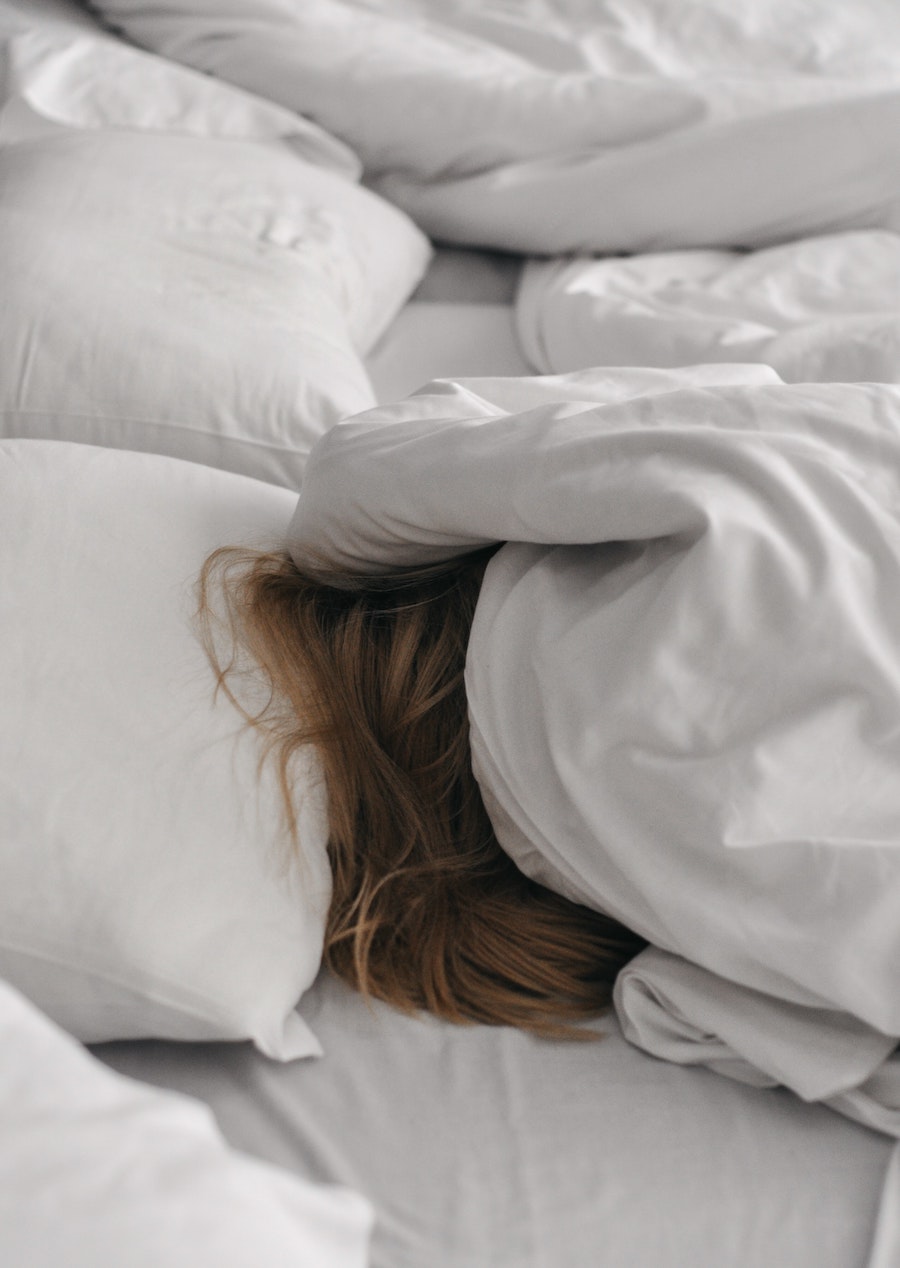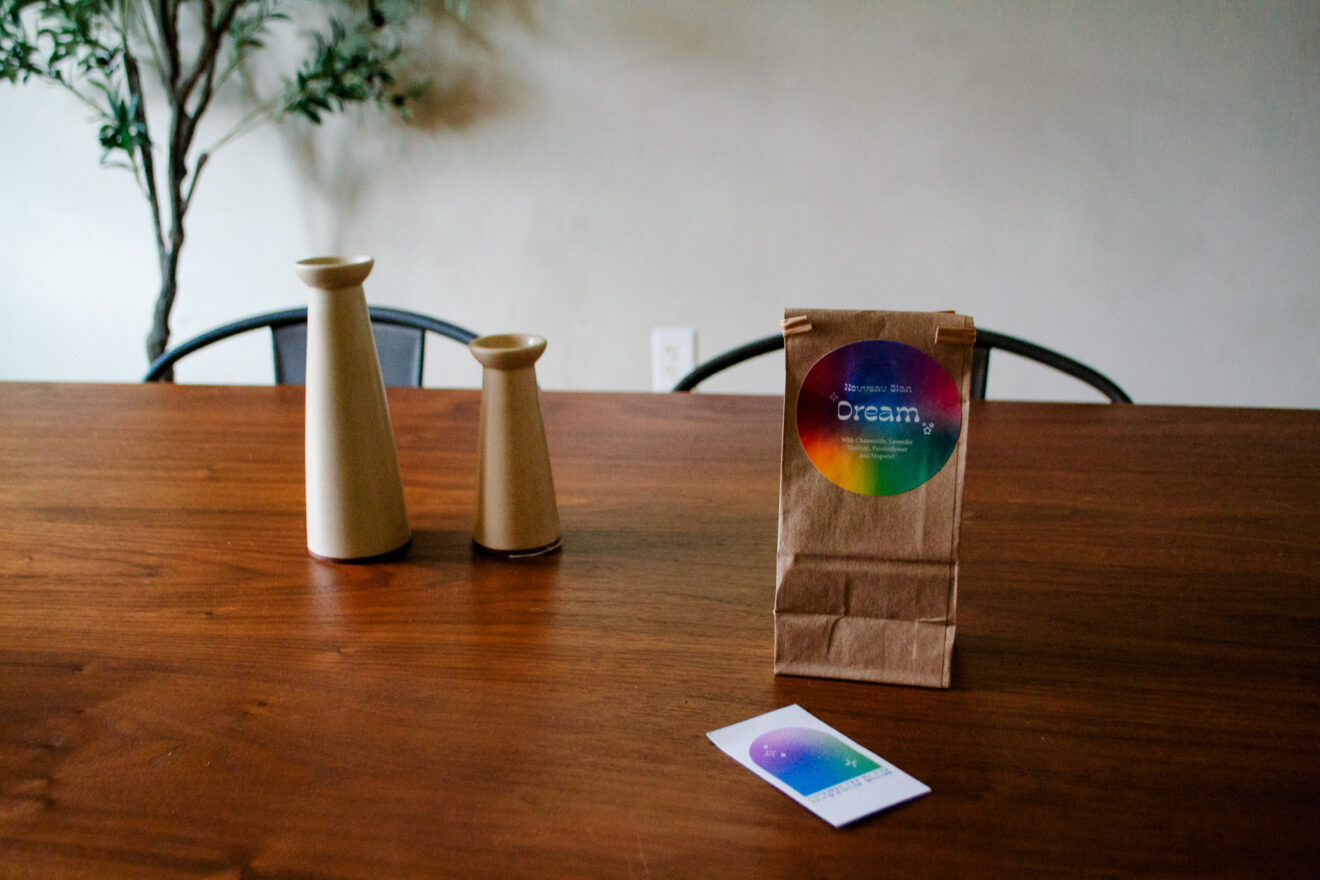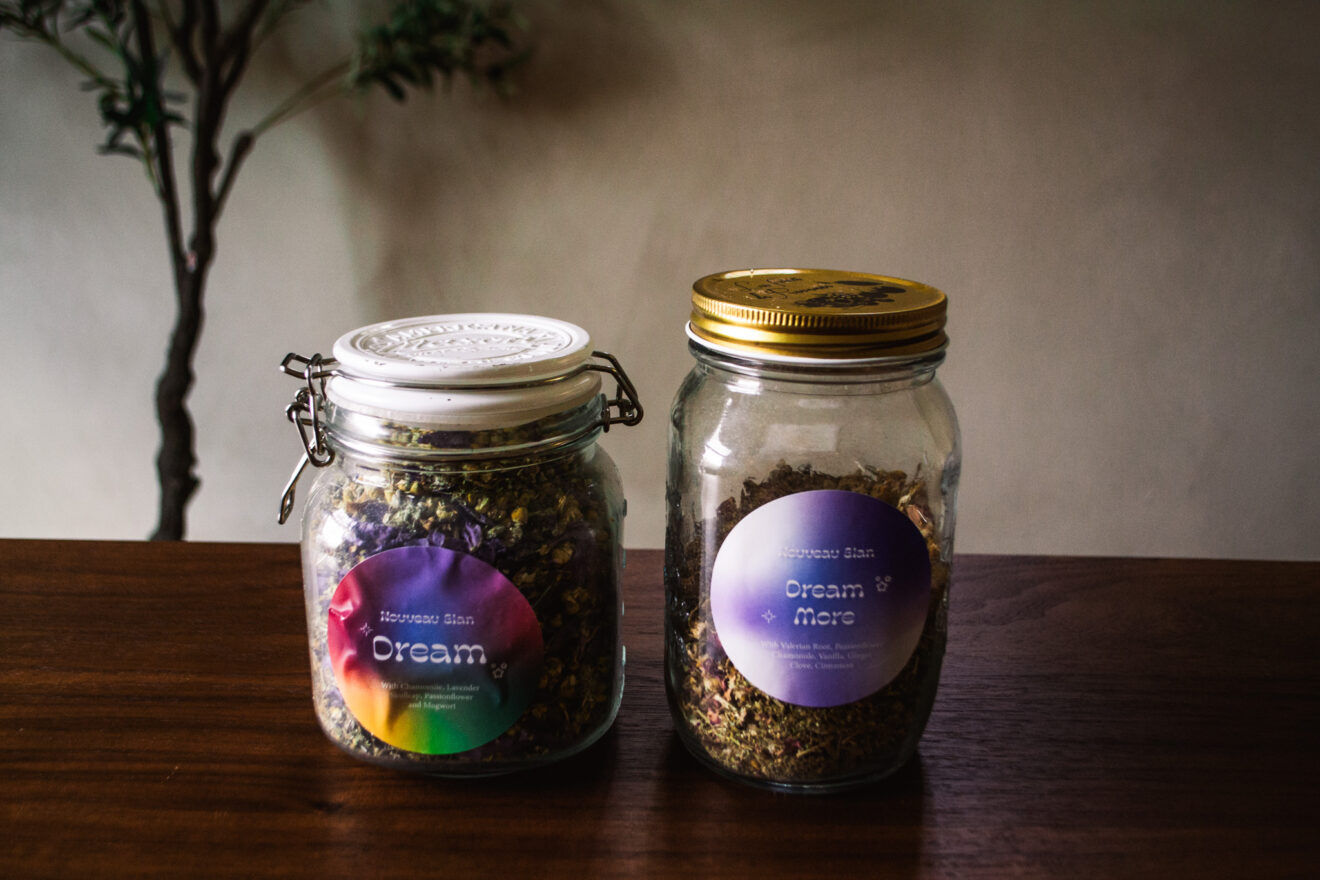
Sleep syncing, also known as sleep synchronization or sleep alignment, is a concept that refers to the practice of coordinating sleep schedules with natural circadian rhythms. The idea behind sleep syncing is to optimize sleep quality and overall well-being by aligning one’s sleep patterns with the natural biological clock. This approach acknowledges the importance of respecting the body’s innate sleep-wake cycles and has gained attention as a potential method to improve sleep. Sleep syncing is important to me because I used to feel tired all the time when I would stay up all night and sleep all day. My Nana taught me about my circadian rhythm and that’s why I had my “days and nights mixed up”. Sleep syncing played a big role in beating Chronic Fatgiue Syndrome for me.
One key aspect of sleep syncing involves establishing a consistent sleep schedule. Going to bed and waking up at the same time every day helps regulate the body’s internal clock and promotes a more regular sleep-wake pattern. This consistency can improve the efficiency of sleep and enhance the body’s ability to fall asleep and wake up naturally.
Another component of sleep syncing is understanding the influence of external cues on our sleep-wake cycles. Light exposure, especially natural daylight, plays a crucial role in regulating the body’s circadian rhythm. Spending time outside during the day, especially in the morning, can help synchronize our internal clocks and promote wakefulness. Conversely, reducing exposure to bright lights, particularly in the evening, signals the body to prepare for sleep.

Creating a sleep-friendly environment is another aspect of sleep syncing. This includes optimizing the bedroom for restful sleep by keeping it cool, dark, and quiet. Removing electronic devices, such as smartphones and televisions, can help minimize distractions and reduce exposure to stimulating blue light, allowing the body to prepare for sleep more effectively.
Engaging in relaxing bedtime rituals can also support sleep syncing. Activities like reading, taking a warm bath, practicing gentle stretching, or engaging in mindfulness techniques help signal to the body that it is time to unwind and prepare for sleep. These rituals can promote relaxation and facilitate the transition from wakefulness to sleep.
While sleep syncing can be beneficial for many individuals, it’s important to acknowledge that individual sleep needs and preferences can vary. Some people may naturally fall into a regular sleep-wake cycle, while others may have different sleep chronotypes, such as being naturally more inclined toward being a morning person or an evening person. Adapting sleep syncing techniques to one’s specific needs and preferences is essential for achieving optimal sleep quality and overall well-being.
In conclusion, sleep syncing involves aligning sleep patterns with the body’s natural circadian rhythms to optimize sleep quality and overall health. Establishing a consistent sleep schedule, managing light exposure, creating a sleep-friendly environment, and engaging in relaxing bedtime rituals are key components of sleep syncing. By respecting the body’s innate sleep-wake cycles, individuals may experience improved sleep and wakefulness, leading to enhanced overall well-being.

BONUS! 5 Herbs that help aid in sleep syncing!
When it comes to supporting sleep syncing and promoting healthy sleep, several herbs have been traditionally used for their calming and relaxing properties. Here are five herbs that may help with sleep syncing:
1. Chamomile (Matricaria chamomilla): Chamomile is a well-known herb used for its calming effects. It can help reduce anxiety and promote relaxation, making it a popular choice for improving sleep quality. Chamomile tea or supplements are commonly consumed before bedtime to support a restful sleep.
2. Valerian (Valeriana officinalis): Valerian is an herb that has been used for centuries as a sleep aid. It may help reduce the time it takes to fall asleep and improve sleep quality. Valerian root is often consumed in the form of tea or taken as a supplement to promote relaxation and support a healthy sleep-wake cycle.
3. Lavender (Lavandula angustifolia): Lavender is renowned for its soothing aroma, which has been shown to have a calming effect on the nervous system. Using lavender essential oil in a diffuser or incorporating it into a bedtime routine, such as a relaxing bath or aromatherapy, can help promote a sense of calm and relaxation, aiding in sleep syncing.

4. Lemon Balm (Melissa officinalis): Lemon balm is a herb known for its calming and stress-reducing properties. It may help alleviate anxiety and promote more restful sleep. Lemon balm tea or supplements can be consumed before bedtime to support relaxation and sleep quality.
5. Passionflower (Passiflora incarnata): Passionflower is often used as a natural remedy for insomnia and restlessness. It has calming effects on the nervous system and may help induce a state of relaxation, supporting sleep syncing. Passionflower tea or extracts can be consumed in the evening to promote a restful sleep.
It’s important to note that while these herbs are generally considered safe, individual responses may vary. It’s advisable to consult with a healthcare professional, particularly if you have underlying health conditions or are taking medications, before using herbs for sleep support. Additionally, incorporating good sleep hygiene practices, such as maintaining a consistent sleep schedule and creating a conducive sleep environment, is essential for optimal sleep syncing.
Most of these herbs can be found in my Dream Blend or Dream More Blend! Try them here!


